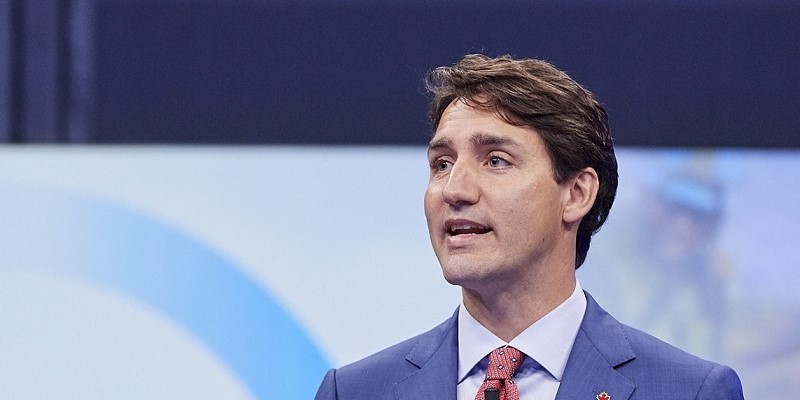Federal budget lacks much-needed vision for the economy

In the federal budget tabled on Tuesday, the Trudeau government purports to promote stronger economic growth. This is a crucial policy goal, as economic growth contributes to higher household incomes, job creation and better living standards for Canadians. However, the government’s plan for the economy leaves a lot to be desired.
For example, the budget includes tax credits for clean technology manufacturing and clean electricity, in an attempt to make Canada more competitive with the United States in the alternative energy space. And more spending increases (and more borrowing) to pay for increased health transfers to the provinces, dental care, an increased GST rebate and more.
Clearly, the Trudeau government has not learned from its mistakes, under the false assumption that we can spend our way into prosperity. In 2023/24, federal spending (minus interest costs) is forecasted to increase by $16.5 billion from last spring’s projections.
Moreover, since the Trudeau government took office, the size of the federal government—measured by spending as a share of the economy—had already risen from 14.1 per cent in 2014/15 to 17.2 per cent in 2022/23. According to the budget, spending as a share of GDP will increase further (17.7 per cent) in 2023, meaning the government will expand in scope and scale again. But empirical research demonstrates that increasing government spending often does not boost economic activity. And when that spending is financed by large deficits, it can fuel inflation or impede economic growth.
According to the budget, Ottawa will post a $40.1 billion deficit this year and record a total increase of $142.4 billion in net debt over the five-year fiscal plan. While the government previously expected to balance its budget by March 2028, no such target exists anymore.
Since persistent deficits increase the likelihood of future tax hikes to pay back debt or cover debt interest payments, the fiscal plan will create more uncertainty for entrepreneurs, investors and businesses. Such an unpredictable business environment will make it harder to attract investment to Canada.
But what’s missing from the budget is just as important as what’s in it.
Canada is uncompetitive with other countries on tax rates on both personal and business income. If the government was serious about giving the economy a shot in the arm, it should’ve reduced taxes. To create the fiscal room, the government could have reduced business subsidies and eliminated certain boutique tax credits. These measures would’ve improved Canada’s ability to attract investment and high-skilled workers, and create jobs.
All of this is desperately needed as Canada’s economic outlook is grim. A study by the OECD found that Canada will record the lowest level of economic growth per person among 32 advanced economies during the periods from 2020 to 2030 and 2030 to 2060. Among the 32 countries covered by the study, Canada will fall from the 16th highest per person GDP in 2020 to 25th by 2060.
Canada needed a budget to push the economy forward, with a clear economic agenda and plan to balance the budget, control spending and improve tax competitiveness. Unfortunately, this federal budget will likely hinder, rather than help, economic progress.
Author:
Subscribe to the Fraser Institute
Get the latest news from the Fraser Institute on the latest research studies, news and events.

